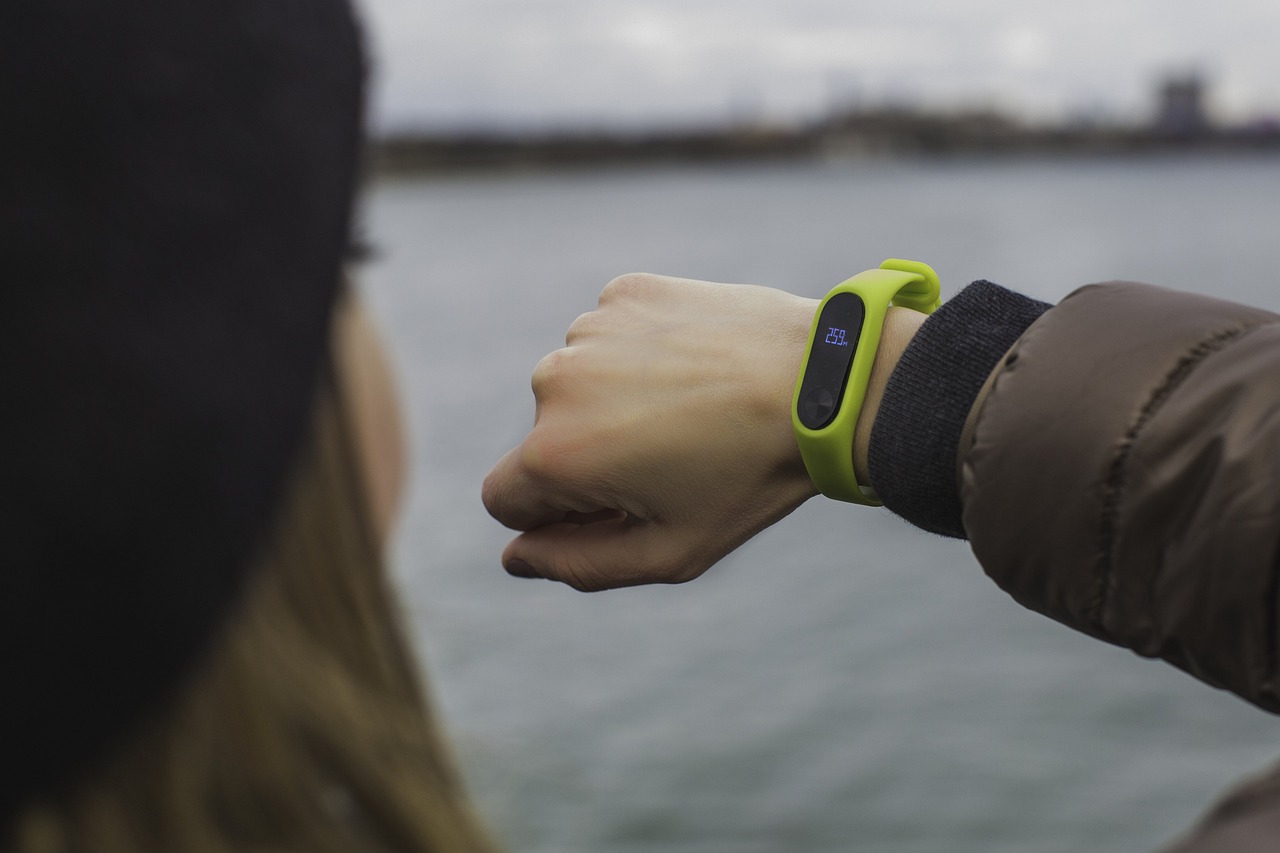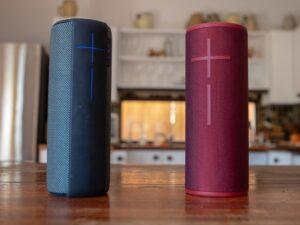In the modern world of fitness and health, wearable technology has become an integral part of tracking and improving our physical activities. Among the most popular brands in the market, Fitbit, Garmin, and Apple Watch stand out for their innovative features and reliability. This article aims to compare these top fitness trackers, highlighting their key features, strengths, and areas where they excel.
Fitbit: Simplicity and Accessibility
Overview
Fitbit has been a pioneer in the fitness tracking industry, known for its user-friendly interface and a wide range of affordable devices. The brand offers several models, such as the Fitbit Charge, Fitbit Versa, and Fitbit Inspire, catering to different needs and preferences.
Key Features
- Comprehensive Health Monitoring: Fitbit devices excel in tracking various health metrics, including heart rate, sleep stages, steps, and calories burned. They also offer advanced features like SpO2 monitoring and stress management tools.
- Fitbit App: The companion app is highly intuitive, providing users with detailed insights into their fitness and health data. It also includes guided workouts, mindfulness exercises, and nutrition tracking.
- Battery Life: Fitbit trackers are known for their impressive battery life, often lasting up to seven days on a single charge, making them ideal for long-term tracking without frequent recharging.
Pros
- Affordable and accessible
- Long battery life
- User-friendly app with comprehensive health insights
Cons
- Limited third-party app support
- Basic design compared to competitors
Garmin: The Athlete’s Choice
Overview
Garmin has established itself as a leader in GPS technology, making its fitness trackers particularly appealing to athletes and outdoor enthusiasts. Popular models include the Garmin Forerunner, Garmin Fenix, and Garmin Vivosmart series.
Key Features
- Advanced GPS and Navigation: Garmin trackers are renowned for their accurate GPS tracking, essential for runners, cyclists, and hikers. They also offer advanced mapping and navigation features.
- Robust Build and Design: These devices are built to withstand harsh environments, featuring durable materials and water resistance, suitable for various sports and outdoor activities.
- Performance Metrics: Garmin provides in-depth performance analytics, including VO2 max, recovery time, training load, and advanced running dynamics, making it a top choice for serious athletes.
Pros
- Superior GPS and navigation features
- Durable and rugged design
- Extensive performance metrics for athletes
Cons
- Higher price point
- Complex interface for casual users
Apple Watch: The Smartwatch Leader
Overview
The Apple Watch is not just a fitness tracker but a versatile smartwatch that integrates seamlessly with the Apple ecosystem. Models like the Apple Watch Series 6, Series 7, and SE offer a blend of fitness tracking and smart features.
Key Features
- Comprehensive Health and Fitness Tracking: The Apple Watch tracks a wide range of metrics, including heart rate, ECG, blood oxygen levels, sleep, and more. It also supports a variety of workouts and activities.
- Smart Features: Beyond fitness, the Apple Watch offers notifications, calls, texts, music control, and access to a plethora of apps, making it a powerful companion for everyday use.
- Apple Ecosystem Integration: Seamless integration with other Apple devices and services enhances user experience, enabling features like Apple Pay, Siri, and synchronized health data across devices.
Pros
- Extensive health and fitness tracking capabilities
- Versatile smartwatch features
- Seamless integration with the Apple ecosystem
Cons
- Shorter battery life compared to competitors
- Higher cost
Conclusion: Which One is Right for You?
Choosing the right fitness tracker depends on your individual needs and preferences. Fitbit is ideal for those seeking an affordable and easy-to-use device with excellent battery life. Garmin stands out for athletes and outdoor enthusiasts who require advanced performance metrics and durable design. The Apple Watch, on the other hand, offers a comprehensive blend of fitness tracking and smart features, perfect for those already invested in the Apple ecosystem.
Each brand has its unique strengths, and understanding these can help you make an informed decision. Whether you’re a casual fitness enthusiast, a serious athlete, or someone looking for a versatile smartwatch, there’s a perfect option out there for you.




